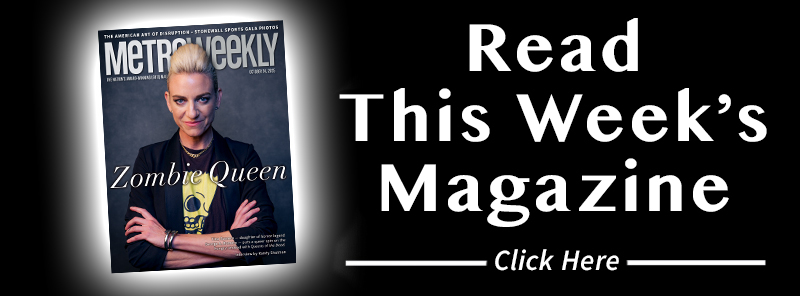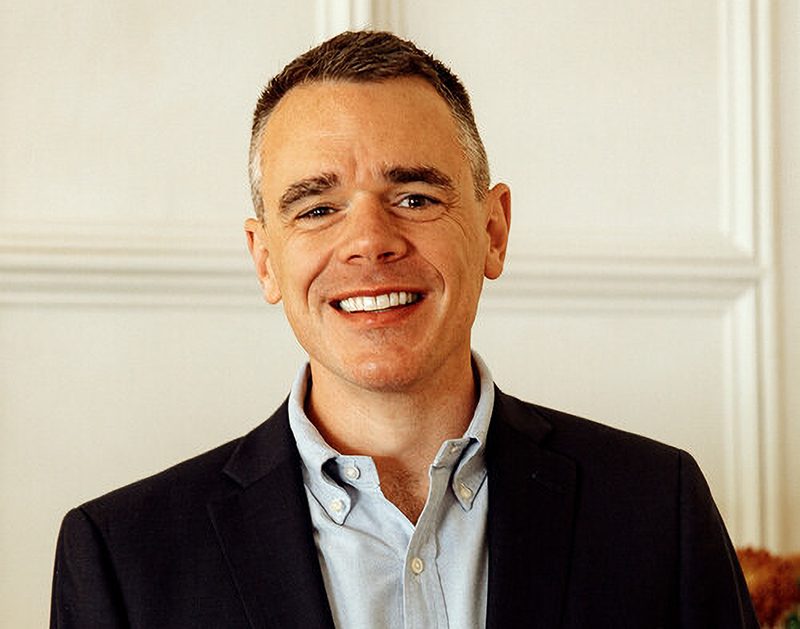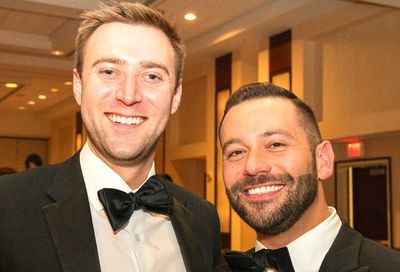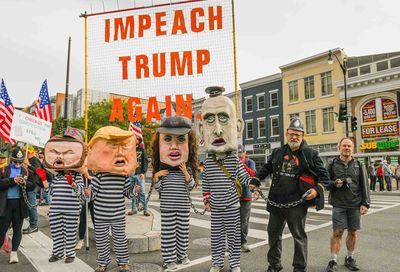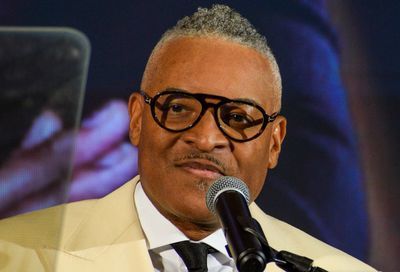Steeple Chasing
More gay faithful may test our community's traditional values
There are probably plenty of things you haven’t seen until you’ve seen them done New Orleans style. Taking my husband to the Big Easy last weekend to celebrate his birthday, now I know. Does the French Quarter really need three Easter Parades?
Apparently so. Otherwise, all those pink bowties and grand hats might seem a bit over the top.
Sadly, we had to exit the French Quarter before the third parade – the gay one – to catch our flight home. What I saw in the streets of New Orleans, however, did not challenge my sensibilities. Since entering adulthood, my Easters have meant brunch and bunnies. Bourbon Street did nothing to remind me of Easter having something to do with Jesus Christ.
That came mostly from Facebook.
It’s a peculiar thing. For my 40-something generation, gay conventional wisdom was a sort of restrained yet ever-present hostility toward organized religion. If anyone had reason to question those established institutions, it was the gays usually being crucified by same. For plenty of gays – to include lesbians and possibly bisexuals, while gender identity often seems a separate and distinct issue within religions – leaving the closet and leaving the church or synagogue or mosque went hand in hand. For plenty others, however, there was never a break, whether that meant sticking with regular attendance or quietly longing to return.
Interviewing H. Alexander Satorie-Robinson in 2005, at the time chief executive officer of the National Black Justice Coalition, he pointed out a particular cultural schism in the gay community.
”If you attend an NAACP or Urban League meeting, everything begins and ends with a prayer,” he explained. ”Many in our community come out of a political philosophy that sort of sees organized religion as the enemy. That’s sometimes one of the reasons why you find lots of black gay and lesbian folks separating themselves from what we would commonly define as the ‘gay community.”’
Here, eight years after that interview, looking at Facebook Easter posts, I think the dynamic Satorie-Robinson described is lessening rapidly, with more religious gay people of all races moving well beyond Reconstructionist Judaism and Unitarians and Metropolitan Community Churches. The typical online gay Facebook user may still be partial to Peeps memes, but the biblical tracts are certainly gaining. Boozy Easter-bonnet contests are making way for more photos of actual church outings.
Overall, Americans increasingly belong to no religion. At the same time, however, more religious institutions are becoming more welcoming of gays. Gay Christians who felt shunned by the churches of their youth are hearing more tolerant – even welcoming – messages inviting them to step out of their faith closets and celebrate religion.
I can’t judge them. Theist or atheist, the only thing certain is that if there is an answer, we won’t get it until we’re dead. While I can’t justify judging another’s effort to make sense as best he can of an existence that is obviously beyond our comprehension – whether that devotee is comforted by Buddhism or the Russian Orthodox Church or anything else – I do still have my distaste for religion. It’s like scrapple. If you like it, hurray for you, but please don’t put it on my plate.
My hope is that when we’re solely in the arena of discussing LGBT civil rights, even if more of us ”see the light,” as it were, that won’t divide us. As a political movement, we’ll always have to talk about politics, though we don’t necessarily have to talk about religion. But if you find yourself firing up a gay-pride crowd and you ask for an ”amen,” I hope you get it. Please don’t be offended, however, by those of us who don’t join the chorus.
Will O’Bryan is Metro Weekly‘s managing editor. Reach him at wobryan@MetroWeekly.com.
Support Metro Weekly’s Journalism
These are challenging times for news organizations. And yet it’s crucial we stay active and provide vital resources and information to both our local readers and the world. So won’t you please take a moment and consider supporting Metro Weekly with a membership? For as little as $5 a month, you can help ensure Metro Weekly magazine and MetroWeekly.com remain free, viable resources as we provide the best, most diverse, culturally-resonant LGBTQ coverage in both the D.C. region and around the world. Memberships come with exclusive perks and discounts, your own personal digital delivery of each week’s magazine (and an archive), access to our Member's Lounge when it launches this fall, and exclusive members-only items like Metro Weekly Membership Mugs and Tote Bags! Check out all our membership levels here and please join us today!







